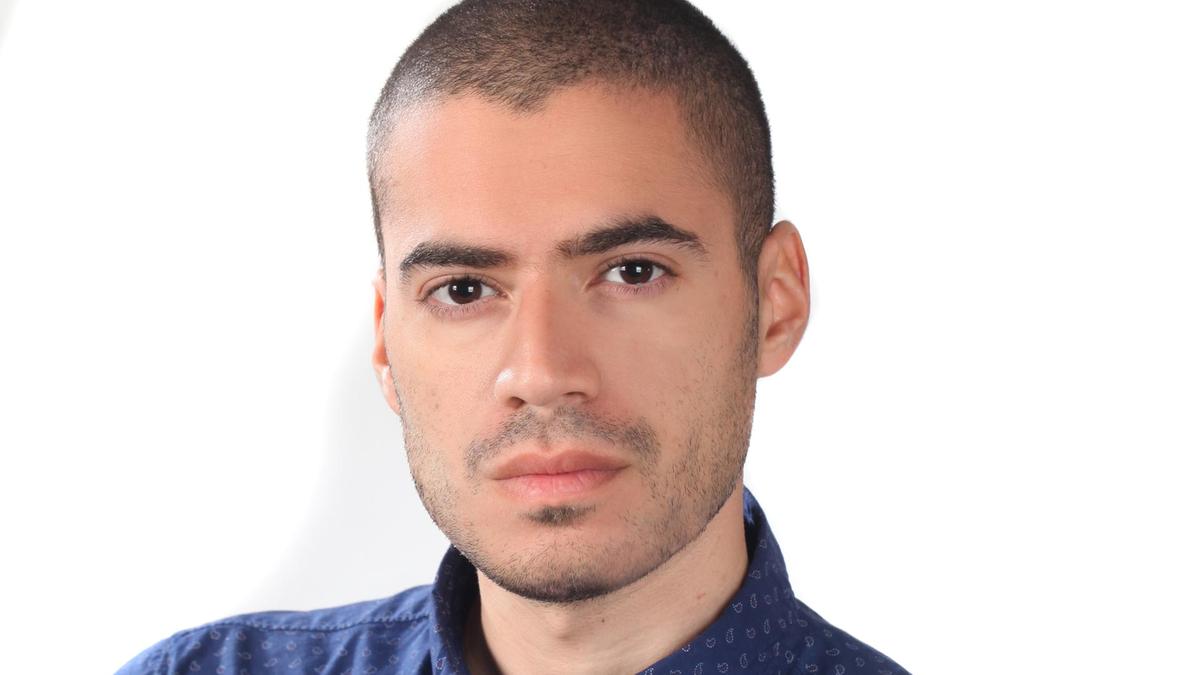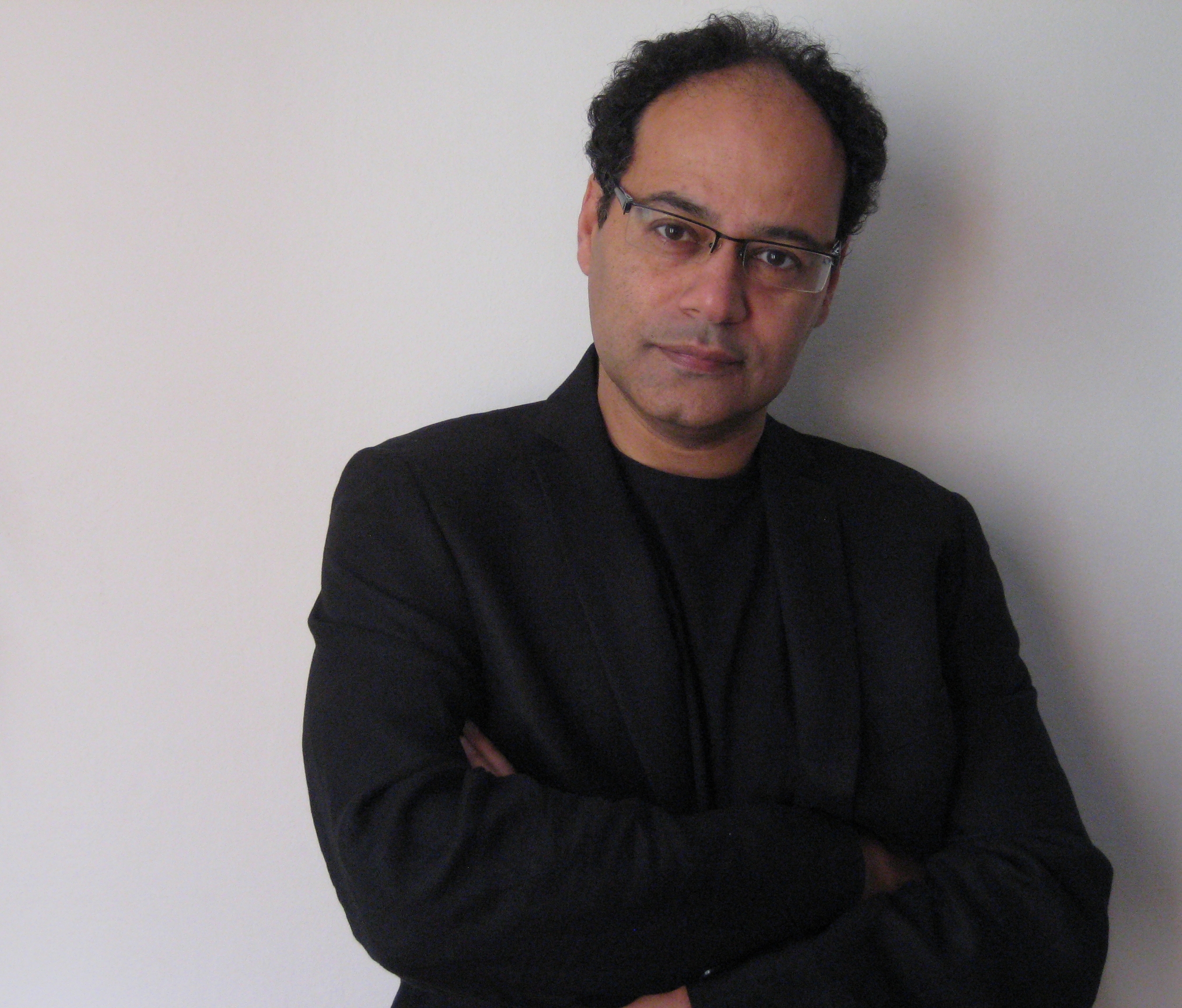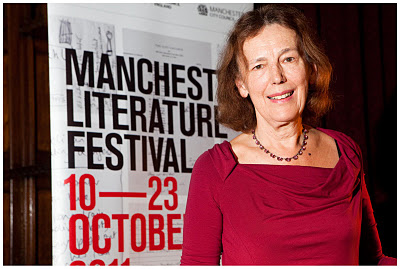The author manages to perfectly toe the line between trauma and comedy in a searing coming-of-age tale set in a post-civil-war city. The National, August 2020
The timing is staggering. Only a few paragraphs into Naji Bakhti’s debut novel, Between Beirut and the Moon, his teenage narrator talks of a man being knocked through a window from the weight of an explosion – as people in this tense, beautiful city “occasionally are”.
“Yeah, I’ve got mixed emotions about that line,” Bakhti, 29, says ruefully. Mercifully, after the devastating explosions that rocked the city on August 4, he had only shattered glass to clear up. “It was so powerful – every person in Beirut must have felt like the blast was on their street.”
And yet, the whole point of that first chapter is to set the scene for a city and a people in “a perpetual cycle of upheaval and instability”, which constantly drags Lebanon back to the precipice. “It feels like we are on another one now,” Bakhti says.
Clearly, the writer did not envisage a massive ammonium nitrate explosion in Between Beirut and the Moon, in which Adam – with his Christian mother and Muslim father – attempts to navigate adolescence, religion, culture and conflict in a confusing post-civil-war Lebanese capital. But there is something telling in the way the book lays bare the flaws and dysfunction of Lebanon in the same way the explosion has.
“This is a moment of reckoning,” says Bakhti. “What I wanted to do with the book was look at growing up with tensions and conflicts just around the corner, and the explosion feels like a culmination of the negligence, mismanagement, corruption and incompetence that has dominated the particular way power in Lebanon works.”
In the book Adam’s father, who is a journalist, writes an article in which he says to be Lebanese today is to “miss your country when you are in your country”, and Bakhti is tired of what he sees as a “manipulated” narrative that celebrates Lebanese people’s resilience.
“Maybe we don’t need to bounce back immediately, but stop, put all the pieces back together that have been shattered by this explosion and seek the right tools to rise again on solid ground, before we move on,” he says.
“We have been constantly told since the civil war that Lebanon is a phoenix rising from the ashes, but in reality, we have just soared above the flames that are still there. And sometimes that means you get burnt.”
All of which makes the tone of Between Beirut and the Moon really interesting. It’s not didactic or even particularly angry. Adam is baffled, amused and sometimes exasperated by the way his school, network of friends and family operate in a traumatic and turbulent city that seems to undermine him at every turn.
There is black comedy to many of the set pieces. When the family seek shelter and tell civil war stories in their small bathroom during an Israeli air strike, Adam becomes desperate to go the toilet – but cannot do so in such a confined space with so many people. It does not end well.
“The generational distance between myself and people who lived through the civil war did allow me some more freedom and space to be funny,” says Bakhti.
We have been told since the civil war that Lebanon is a phoenix rising from the ashes, but in reality, we have just soared above the flames that are still there
“I’m not denying the experience of that time, but humour can make the trauma more effable, a coping mechanism, perhaps. I don’t think we have a clear historical account of what happened or national reconciliation – we were very eager to move past the civil war and that led to what we have now. So perhaps humour can make these stories more relatable. And, actually, the bathroom scene did happen to us.”
One of the major successes of Bakhti’s debut is that he adeptly navigates the delicate balancing act between comedy and trauma, youth and experience, fiction and exposition. Because there is not a linear plot other than Adam growing up and trying to cope with his highly charged surroundings – the episodic structure reflects the fragmented nature of the city – in the end you have to believe in the world he is trying to navigate.
And when Adam finally admits that he will not be able to achieve his dreams if he spends his whole life in Beirut, it feels like a hard-won, poignant moment in a classic coming-of-age drama.

“That is such a familiar sentiment for many young people growing up in Lebanon,” says Bakhti. “There is always this implicit understanding that if you get the chance to leave, you probably will have to take it. It would be almost reckless not to. But then, they also struggle with wanting to stay and change things for the better.
“Every character in the book at some point wants to believe in a better Lebanon, this place somewhere just beyond the horizon that they can one day reach. The harsh reality of day-to-day life is the constant reminder that there is an obstacle in the way, and that is the very fabric of the country itself.”
In the book, Adam’s father calls that painful situation “reinventing hope, when you know you will have to reinvent it again tomorrow”. Perhaps, finally, the reinvention can stick in the coming weeks and months.
Between Beirut and the Moon certainly offers some kind of dream that Lebanon’s future would thrive in the hands of its citizens rather than its sects. Timely, indeed.


